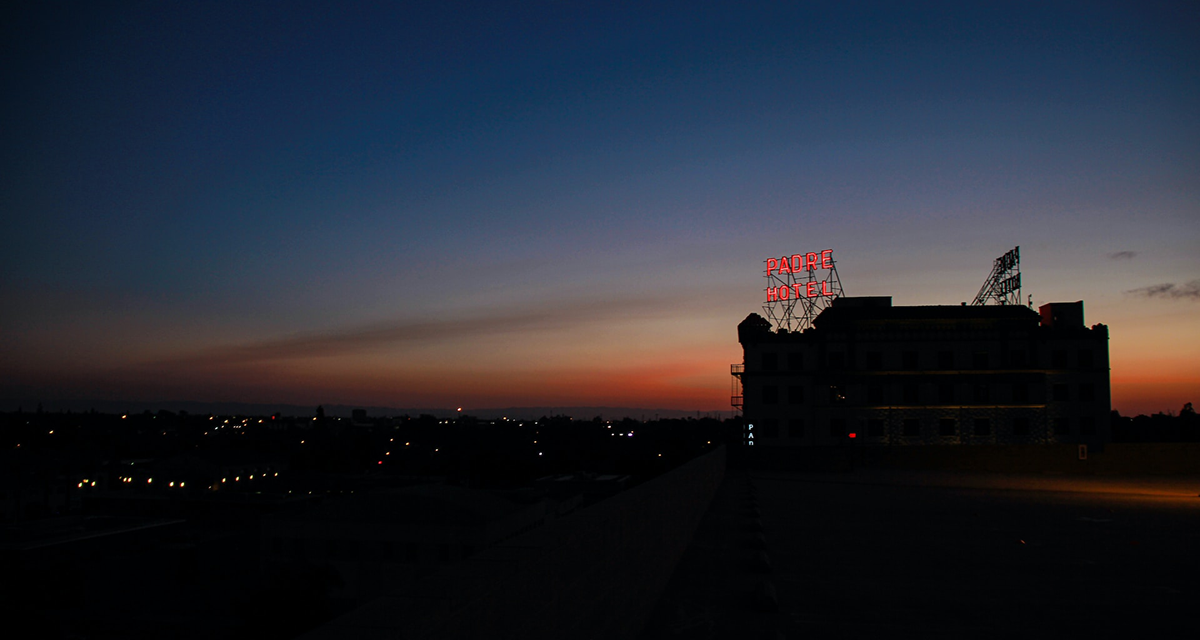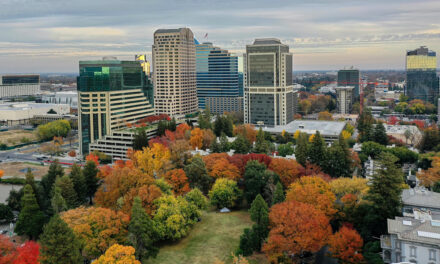Nestled within the heart of California, Bakersfield has often been a place I’ve passed by on my travels to the southern parts of the state.
Each time, I wondered about the history behind this city, known for its oil fields and music.
As someone who has always believed in the power of understanding our roots, I decided to dive deep and explore the origins and evolution of Bakersfield, a city that’s much more than a mere stop along the highway.
The Native Beginnings and Spanish Exploration
Long before Bakersfield became a city, the land was home to the Yokuts Native American tribes.
They thrived along the Kern River, a testament to the area’s fecundity and strategic importance. The arrival of Spanish explorers in the 18th century marked a new chapter, as missions began sprouting up, forever changing the cultural landscape of the region.
The 19th Century: A Town Is Born
Fast forward to the 19th century — the discovery of gold in California led to significant migration westward.
It was during this period that Colonel Thomas Baker, the city’s namesake, settled in the area, creating a field that became a rest stop for weary travelers. By 1869, this stopover had blossomed into the town of Bakersfield.
The Oil Boom: Economic Transformation
The turn of the 20th century brought about an economic transformation for Bakersfield, largely thanks to the discovery of oil.
The Kern River Oil Field was one of the world’s most productive, and this black gold rush propelled Bakersfield’s economy, attracting workers and investors alike.
Agriculture and the Dust Bowl Migration
Bakersfield’s agricultural sector also played a significant role in its growth.
The city became a nexus for the Dust Bowl migration in the 1930s when displaced farmers from the plains states, often referred to as “Okies,” settled in the area, bringing with them a strong work ethic and a love of country music that would later give rise to the Bakersfield Sound.
The Bakersfield Sound: A Musical Revolution
Bakersfield’s contribution to country music cannot be overstated.
Legends like Buck Owens and Merle Haggard were at the forefront of the Bakersfield Sound, a genre that offered a West Coast counterpoint to the polished Nashville style. This music revolution became synonymous with Bakersfield, echoing the city’s independent spirit.
Modern-Day Bakersfield: Challenges and Progress
Today, Bakersfield stands as a hub of industry and culture, facing modern challenges like any other city.
It grapples with environmental concerns due to its oil and agricultural practices and works toward balancing growth with sustainability.
Q&A: The Essence of Bakersfield Explored
In researching Bakersfield, several questions arose that offer further insight into the city’s identity:
Q: How did Bakersfield emerge as an economic center in California?
A: The discovery of oil and the influx of agricultural development positioned Bakersfield as a vital economic center. These industries, coupled with its strategic location, fueled the city’s growth and affluence.
Q: What cultural impacts did the Dust Bowl migration have on Bakersfield?
A: The migration brought a wave of new residents whose traditions and resilience left an indelible mark on Bakersfield’s cultural landscape, particularly in music, where combining various styles gave birth to the distinctive Bakersfield Sound.
Q: How does Bakersfield honor its rich history today?
A: Bakersfield celebrates its past through preservation efforts like the Kern County Museum and the Buck Owens Crystal Palace, which not only serve as historical landmarks but also as venues for community engagement and education.
Q: What makes Bakersfield unique compared to other California cities?
A: Unlike many California cities known for their tech or tourism, Bakersfield’s uniqueness lies in its blend of rugged industry, rich agricultural history, and its storied musical legacy. It’s a city that epitomizes the diverse economic and cultural fabric of California.
Bakersfield’s Story Continues
The history of Bakersfield is a complex and compelling narrative woven from the threads of exploration, industry, migration, and music.
Reflecting on what I’ve learned, I see Bakersfield not just as a city I passed by on my travels but as a place with a past as rich as any destination in California.
It’s a city that deserves recognition for its contributions to the state’s heritage and the chapter it continues to write in the grand story of California.





